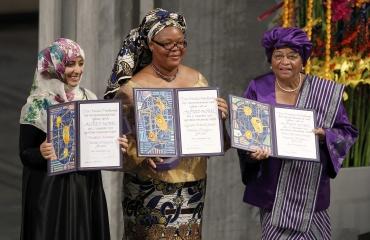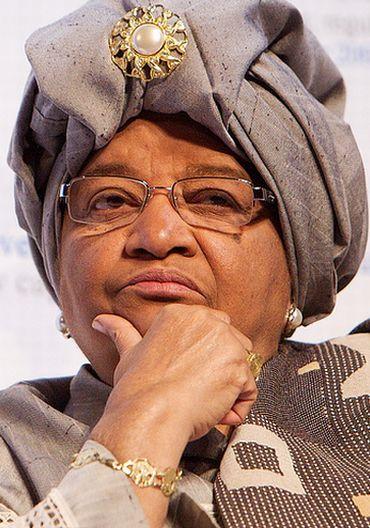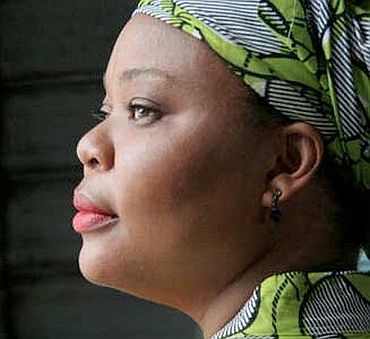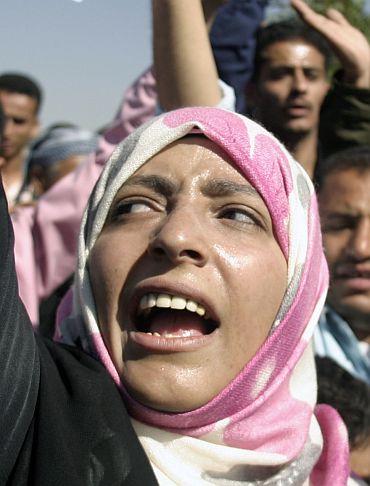 | « Back to article | Print this article |
Three women activists receive Nobel Peace Prize
Liberian President Ellen Johnson Sirleaf, Liberian activist Leymah Gbowee and Yemeni activist Tawakkol Karman received the Nobel Peace Prize in Oslo on Saturday.
"You represent one of the most important forces for change in today's world: the struggle for human rights in general and the struggle of women for equality and peace in particular," Norwegian Nobel Committee president Thorbjoern Jagland said.
"You give concrete meaning to the Chinese proverb 'women hold up half of the sky'," Jagland said.
Click on NEXT for more...
Three women activists receive Nobel Peace Prize
The only female head of state in Africa, Liberian President Ellen Johnson Sirleaf is a reputed economist who has worked in various prestigious financial institutions including the World Bank.
She was working as the finance minister of Liberia when a bloody coup ousted the government in 1980. While almost all the other cabinet members were shot dead, Sirleaf managed to flee to the United States.
In the following years, Sirleaf made several attempts to return to her country. But each time, she was forced to leave, imprisoned, or sent into exile.
At the end of the Liberian Civil War in 2005, Sirleaf returned to her country and won the general election by a narrow margin to become the president.
Sirleaf has contributed to securing peace in Liberia, to promoting economic and social development, and to strengthening the position of women,.
Click on NEXT for more...
Three women activists receive Nobel Peace Prize
Leymah Roberta Gbowee is an African peace activist responsible for organising a peace movement that brought an end to the Second Liberian Civil War in 2003.
This led to the election of Ellen Johnson Sirleaf in Liberia, the first African nation with a female president.
Gbowee mobilised and organised women across ethnic and religious dividing lines to bring an end to the long war in Liberia, and to ensure women's participation in elections.
Click on NEXT for more...
Three women activists receive Nobel Peace Prize
Yemeni politician Tawakel Karman, a senior member of main opposition Al-Islah party, also heads the group 'Women Journalists Without Chains' that she created in 2005.
Tawakul Karman's Women Journalists Without Chains was formed to promote human rights, "particularly freedom of opinion and expression, and democratic rights".
Karman said that she has received "threats and temptations" from the authorities by telephone and letter because of her refusal to accept the Ministry of Information rejection of WJWC's application to legally create a newspaper and a radio station.
During the ongoing 2011 Yemeni protests, Tawakel Karman organised student rallies in Sana'a to protest against Ali Abdullah Saleh and his government. She was arrested once, amid complaints that her husband did not know her whereabouts, however she was released on parole on 24 January.
She then led another protest on 29 January where she called for a "day of rage" on 3 February, similar to that of the 2011 Egyptian revolution. On 17 March, she was re-arrested amidst ongoing protests.
Click on NEXT for more...




